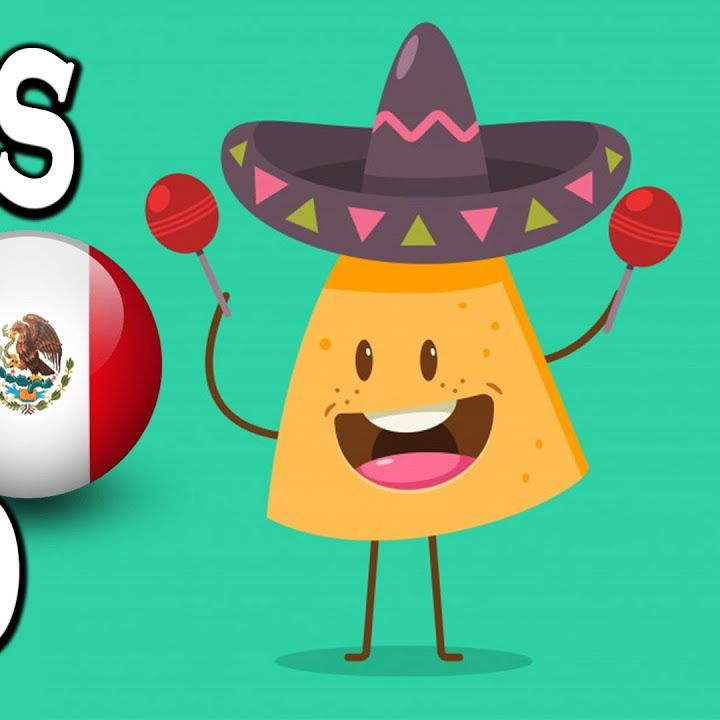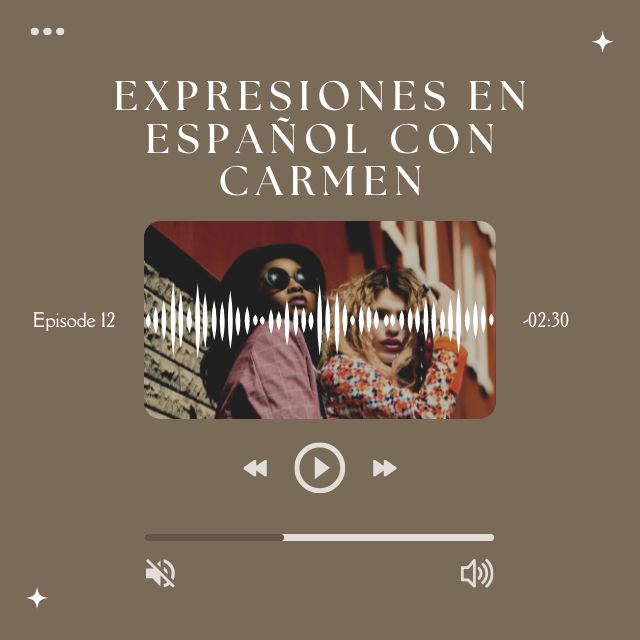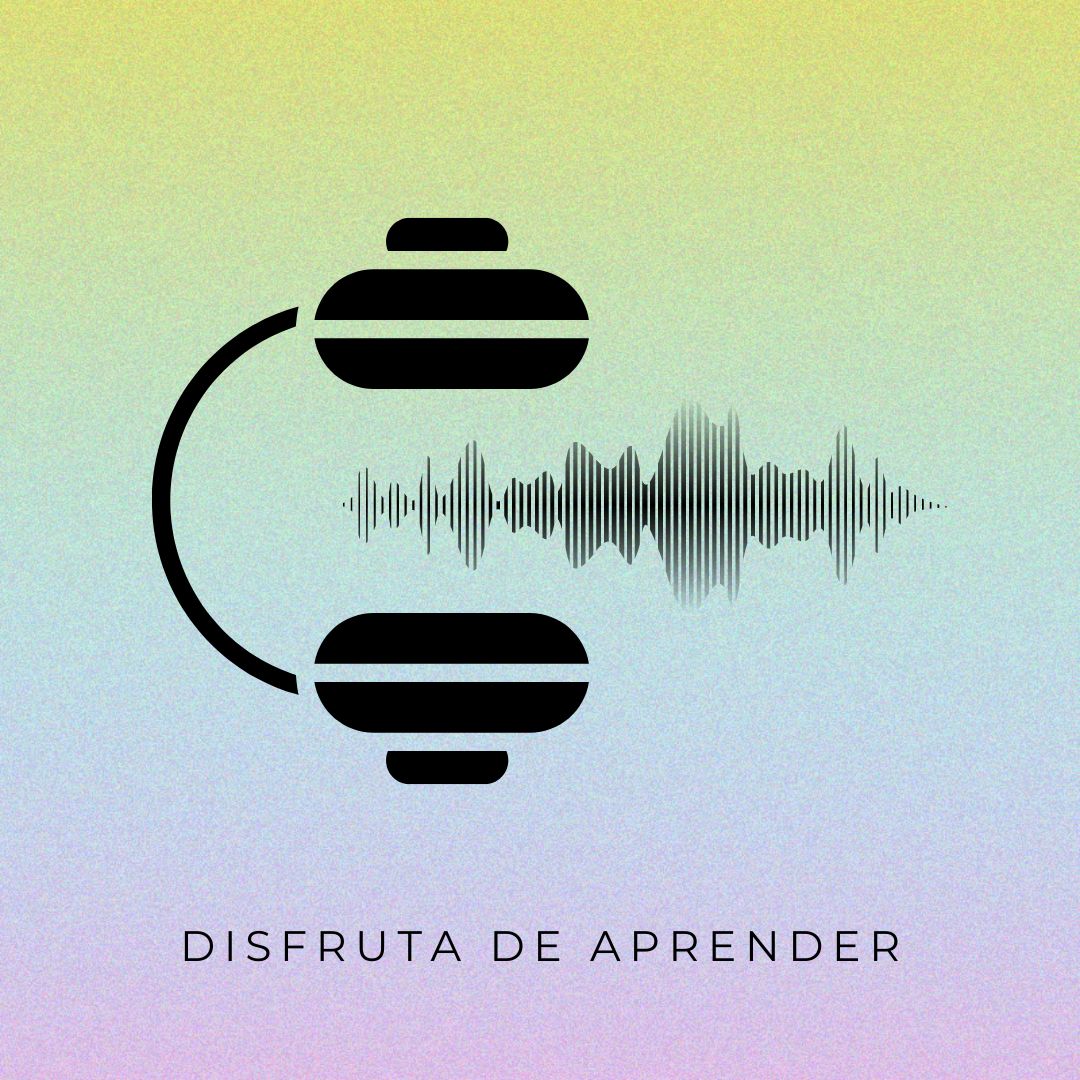搜尋自 英語 {1} 教師……

What comes after a verb? "To do", "do," or "doing"? (Part 2)
說明
Students regularly ask me, "How do I know what comes after a verb?" If a verb takes another verb as a complement, it is usually either a full infinitive or a gerund (e.g., "to do" or "doing"). Bare infinitives (e.g., "do") can only be complements for a small number of verbs, but these verbs are very common. In this article, I take a look at some verbs that take bare infinitives as complements.
To access the full text of this podcast, please go to https://www.difficultenglishexplained.com/what-comes-after-verb-2/.
Be sure that you read the first post in this series! You can find it at: https://www.difficultenglishexplained.com/what-comes-after-a-verb-to-do-do-or-doing-part-1/
Podcast 頻道
Difficult English Explained
創作者
Podcast全集

C (48) Verbs Set : Laugh Lead Learn Lend Lick

《海上日出》节选

오늘 새로운 친구를 만났어요

SERPIENTES.

#1 ホストの2人について/ #1 関西弁講座 | #1 About the hosts/ #1 Kansai Dialect Lecture

Tankar På Svenska: Det Amerikanska Presidentvalet 2024

Ser más largo que un día sin pan

Idioms in English and Spanish / Expresiones idiomáticas en Inglés y Español
熱門集數

5 Verbs a Day. 每天学习五个动词。
C (48) Verbs Set : Laugh Lead Learn Lend Lick

听优美短文,提升中文阅读和写作
《海上日出》节选

한국의 문화
오늘 새로운 친구를 만났어요

CHISTES MEXICANOS
SERPIENTES.

Real-Life Japan
#1 ホストの2人について/ #1 関西弁講座 | #1 About the hosts/ #1 Kansai Dialect Lecture

Tankar på svenska
Tankar På Svenska: Det Amerikanska Presidentvalet 2024

Expresiones en español
Ser más largo que un día sin pan

Disfruta de aprender
Idioms in English and Spanish / Expresiones idiomáticas en Inglés y Español